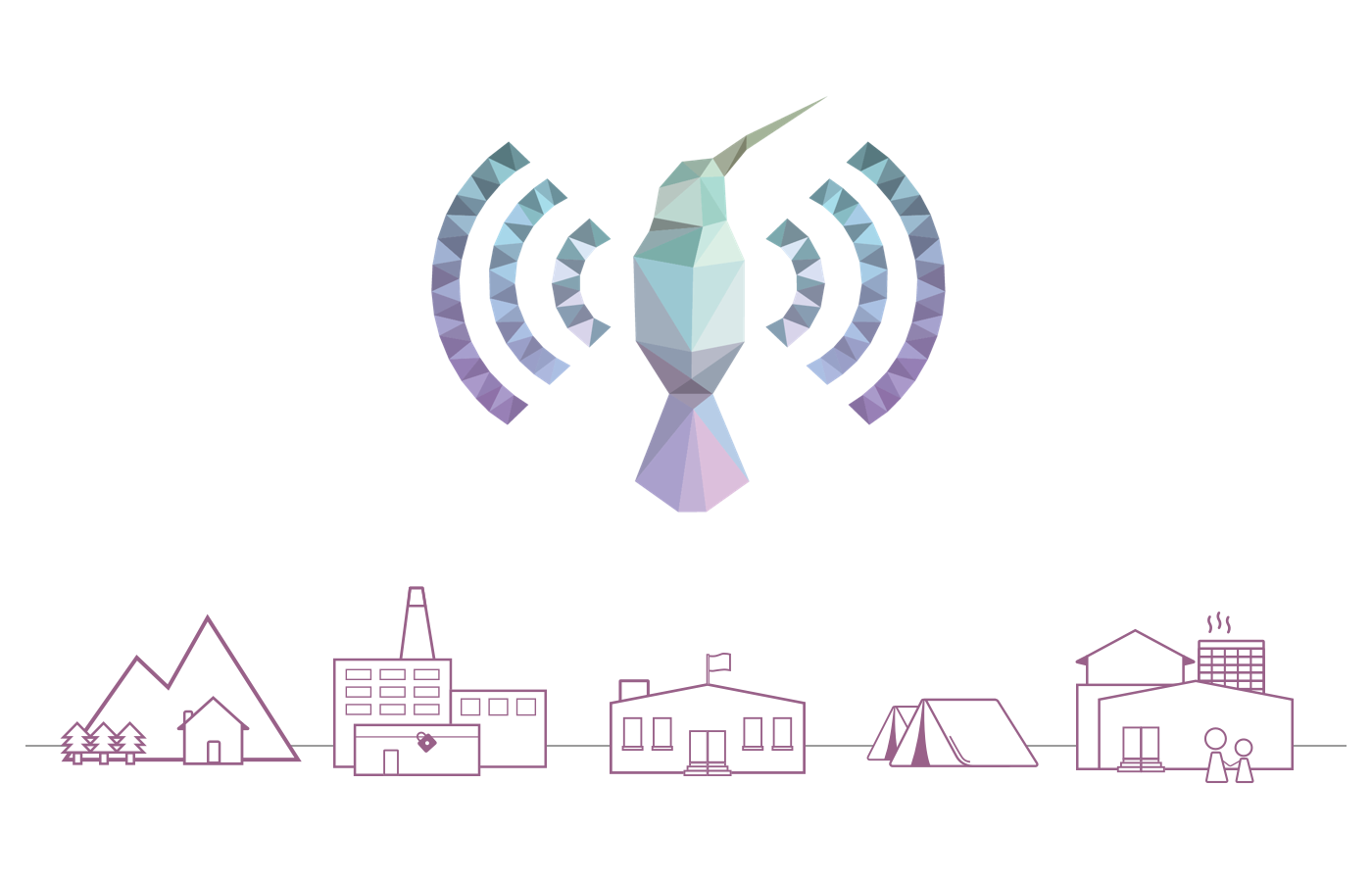-
Notifications
You must be signed in to change notification settings - Fork 706
Project ideas for Google Season of Docs 2020
Learning Equality is committed to enabling every person in the world to achieve a quality basic education, through supporting the creation and distribution of open educational resources, and facilitating their use inside and outside of classrooms around the world. Through this work, we aim to build a new, open, and fundamentally human-centered educational model, in order to promote human flourishing.
After successful participation in the first edition last year, we are again eager to welcome tech writing collaborators through the Google Season of Docs program to help us with our documentation needs in 2020!
- Kolibri Ecosystem Documentation Style Guide
- Best Practices for Kolibri Content Creators
For organizational preferences, we would favor all three projects to be long-running (from September 2020 to March 2021).
If you are interested to know more about these project ideas, Kolibri or Learning Equality, send an email to radina@learningequality.org, and we'll reply with the invite to the #season-of-docs channel we set up in our team Slack workspace!
Improve sustainability of documentation workflows and the consistency of style
The goal is to refactor and build on the initial draft of the Learning Equality Documentation Style Guide, started during the GSoD 2019. The Style Guide was started to establish conventions for producing both the ReadTheDocs user guides for Kolibri and Studio, as well as the Google documents shared externally with users and partners or used internally within the organization. The Style Guide should include guidelines for how to use the inclusive language and produce accessible documentation for users with diverse needs. Once the style guide is ready, the writer will proceed to refactor a subset of current documents.
- Audit the existing RTD documentation and a subset of Google docs (provided by the Learning Equality team), flag style inconsistencies, and propose changes.
- Expand and finish the existing style guide.
- Produce template proposals for main types of documents.
- Refactor a selection of currently most used documents in the Kolibri ecosystem (list to be provided by the Learning Equality team).
- Identify gaps and propose recommended workflows in documentation production (template usage and management, graphical assets use, storage and management, etc.)
- Fluent written and verbal communication skills in English (near native)
- Ability to edit and organize technical documentation
- Familiarity with the most used manuals of style
- Experience with RST and Markdown
- Familiarity with Git version control system
Produce detailed use case stories of the organizations participating in Kolibri Hardware Grant Program.
Supported by funding from Google.org, the Kolibri Hardware Grants Program provides organizations with a grant for the purchase of necessary hardware to implement Kolibri in formal schools, educational facilities, and non-formal learning settings to reach both school-aged and adult learners. Our goal is to showcase the many ways that Kolibri can be used to bring education to learners around the world who need it most. Grantees receive personalized support to test and pilot Kolibri in their programs in addition to the hardware, which may also be used for other programming needs.
In the past we had 2 interns that initiated documenting the use case stories for KHGP, and the technical writer assigned to this project will continue and build up on their work.
Select 5-10 grantees (the most representative and edge cases) and elaborate stories that cover:
- context (region, educational settings, challenges...)
- grantee org (background, structure...)
- chosen hardware model
- project timeline
- challenges encountered & adopted solutions/workarounds
- (preliminary) results and impact
Format as a report with illustrations/graphs (when available and approved).
Example report from 60 Million Girls about their project in Sierra Leone.
- Fluent written and verbal communication skills in English
- Communication and interpersonal skills necessary to establish and maintain contact with organizations participating in the KHGP project
- Ability to read, write, and organize technical documentation and user stories
- Good independent research and exploration skills
The goal is to produce a series of tutorials covering different technical aspects and best practices for creating educational resources for use in Kolibri.
Current documentation for Studio and Kolibri could provide better information about recommended tech specs, and the steps involved in getting content from "My Documents" ready to include in Kolibri channels. Due to the variety of available file formats and their technical specifications, our partners and users do not have a good understanding of steps to follow to prepare the content they have available for use in Kolibri.
Intended for grassroots users and content creators interested in preparing or improving their existing educational resources for use in Kolibri. There is a wealth of information covering these general topics all around the Internet, and various detailed documentation produced in-house by the Learning Equality content development team. The idea is to centralize a set of basic best practices and make them available in one place. Provisional list of ideas for tutorials include:
- How to compress and optimize video files
- How to produce captions for videos (both transcription and localization)
- PDF vs ePUB documents
- How to prepare and package a HTML app for use in Kolibri?
- Best Practices for Creation of Inclusive Learning Content
- Guide on creating content using SCORM for Kolibri? (e.g. using eXe Learning, Hot Potatoes, etc.)
Deliverables as written documentation, and possible tutorials in video format as a nice to have.
- Fluent written and verbal communication skills in English
- Good independent research and exploration skills
- Ability to read, write and organize technical documentation
Nice to have:
- Familiarity with command line interface
- Experience with screen capture recording and video editing
- Good voiceover ability is a plus, but not essential
Contact: radina@learningequality.org

